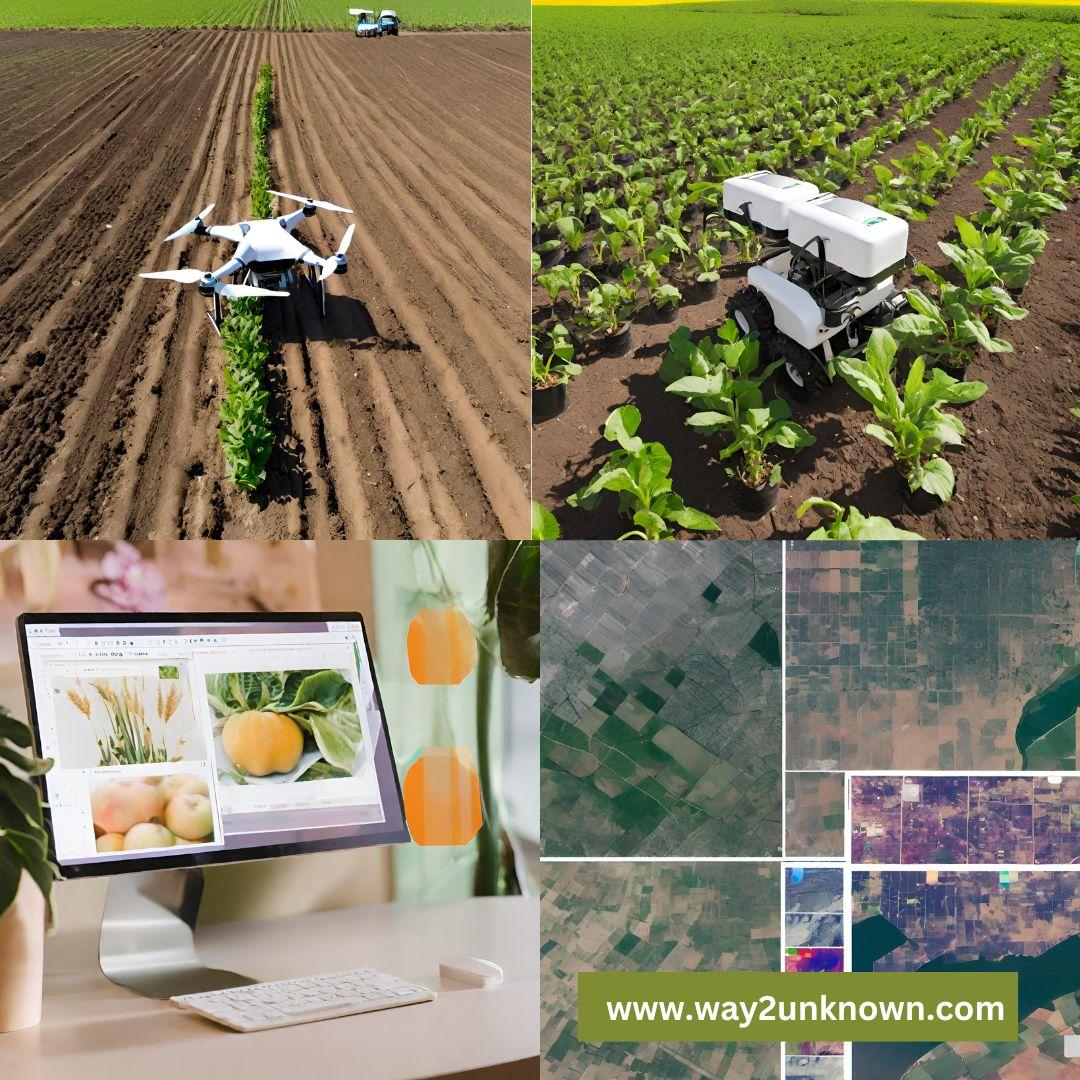Advancing Sustainable Plant Ecology through AI-Enabled Precision Agriculture

In recent years, the convergence of artificial intelligence (AI) and precision agriculture has emerged as a powerful tool for promoting sustainable plant ecology practices. By harnessing the capabilities of AI-driven technologies, farmers and ecologists can revolutionize the way they manage crops and ecosystems, leading to enhanced productivity, resource efficiency, and environmental stewardship.
At the heart of AI-enabled precision agriculture lies the integration of advanced sensors, drones, and monitoring systems. These tools provide real-time data on soil health, moisture levels, nutrient content, and pest presence, enabling farmers to make informed decisions with pinpoint accuracy. By precisely targeting inputs such as water, fertilizers, and pesticides, farmers can minimize waste and reduce the environmental footprint of agricultural practices.
One of the key advantages of AI in precision agriculture is its ability to analyze vast amounts of data and identify patterns that may not be apparent to the human eye. Machine learning algorithms can process data from multiple sources, including satellite imagery, weather forecasts, and historical crop performance, to generate actionable insights. These insights empower farmers to optimize planting schedules, crop rotations, and pest management strategies, leading to improved yields and reduced reliance on chemical inputs.
Furthermore, AI-enabled decision support systems offer personalized recommendations tailored to specific farm conditions and environmental factors. By leveraging predictive analytics, farmers can anticipate potential challenges such as droughts or disease outbreaks and implement proactive measures to mitigate risks. This proactive approach not only safeguards crop health and resilience but also contributes to the overall sustainability of agricultural systems.
In conclusion, AI-enabled precision agriculture holds immense promise for advancing sustainable plant ecology. By combining cutting-edge technology with ecological principles, farmers can cultivate crops more efficiently, protect natural resources, and support biodiversity conservation efforts. As we continue to innovate in this field, the potential for AI to transform agriculture into a more sustainable and environmentally friendly endeavor is truly limitless.